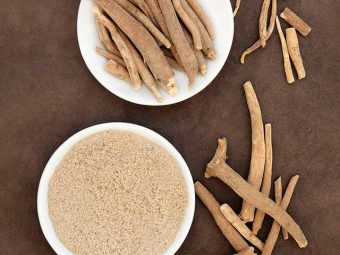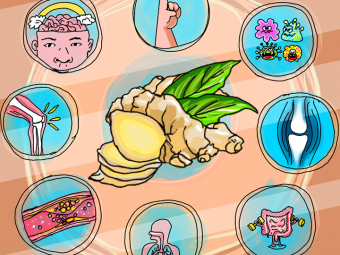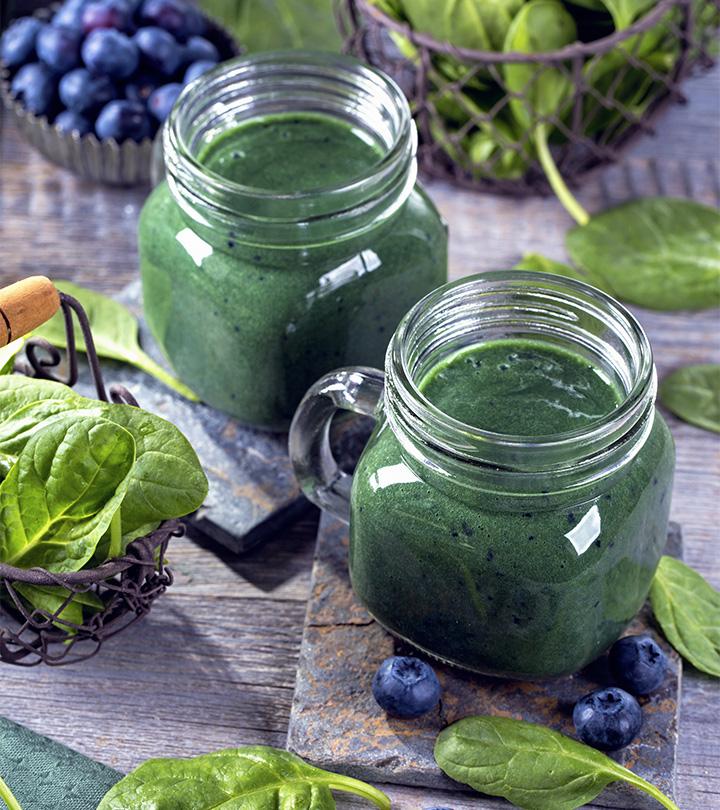To All Girls And Women — No, Your Vagina Is Not Supposed To Smell Like Flowers

Image: Shutterstock
You can blame it on the media or the pressures of society, but somehow, your lady parts are expected to smell of roses and orchids and all of Eden’s sweetest fruits. In fact, thinking that something’s wrong with you, you’ve even tried to make your vagina smell like the rain by using deodorants, creams, and what not! But the truth is it will not smell like any of these things. In fact, it might be as far from sweet as possible.
So, What Does Your Vagina Smell Like?
It depends. When you’re fresh out of a shower, your vagina will be odorless (that is if you haven’t used one of those navy douches). If you have been exercising, walking, or indulging in any activities that give rise to sweat, then you’ll get a whiff of mustiness from your nether region. On the other hand, if you’re menstruating or about to deliver, you’ll get a faint irony aroma from down there due to the presence of the blood.
Bacterial infections can also change the scent of your vagina, and an overgrowth of yeast can give it a fresh, straight-out-of-the-oven bread smell. Conversely, the overgrowth of bacteria can give it that famous fishy stench, which all of us ladies have been deemed to have by default (1). *rolls eyes* Lastly, when you have sex, your vagina may develop a bleach-like smell due to the presence of semen in your lady garden. As you can see v-pourri is in no way like flowers.
While most of the aromas mentioned above are quite normal, we know that you particularly worry about the crotch mackerel and the cod canals. We’ll tell you how to fix that. But first, a little introduction to the vagina is necessary.
The Wonder That Is Your Vagina
Vaginas are one of the smartest organs in your body in the sense that they are self-cleaning and know very well how to maintain themselves. A healthy vagina has its own ecosystem of bacteria with a pH level of 3.8-4.5, which prevents bad bacteria from growing out of control (2). Your vagina also has its own defense mechanism and is quite effective in preventing harmful foreign objects from entering. Even the white discharges you experience from time to time are quite normal.
However, certain conditions can compromise the health of your vagina, and the signs of those include discharges with different consistencies (thick, thin, milky, or foamy) and that strong fish odor. At times like these, you may wonder how you can take care of your vagina to prevent infections from arising. We’ve got the lowdown for you.
Ways To Take Care Of Your Vagina
Even though your vagina is self-cleaning like a cat, your cat still needs a bath, and so does your vagina. So, if you were in half mind whether you should wash your vagina or not, the answer is you should. According to Dr. Atsuko Morita, who is the founder of INTIME Organique (a feminine wash brand), you should wash the outer layer of your vagina, which is known as the vulva, with a gentle feminine cleanser once every day.
That said, the most suitable caring techniques for your vagina vary depending on your age. Here’s how you should care for it during different life stages:
From 0 To 10 Years Of Age
For the first 10 years of their life, women should not use anything other than water to clean their private parts. Baby wipes or very mild cleansers can be used to remove poop stains.
From Puberty To Womanhood
Puberty is the time to introduce yourself to a gentle feminine wash, especially if you have started menstruating. You should also keep your intimate area dry at all times to prevent infections.
From Pregnancy To Motherhood
This a delicate time that will be marked by increased vaginal discharge for a number of reasons, such as increased levels of estrogen, high blood supply, and more. Using a mild feminine wash at this time is a must. You can also use fragrance-free panty liners to reduce the discomfort.
From Menopause And Beyond
Menopause is characterized by low levels of estrogen and consequently, vaginal irritation and dryness. Hence, at this stage of your life, you should use water-based, oil-based, or silicone-based lubricants for intercourse and use feminine washes that can prevent further dryness.
There are some other vaginal health care tips that you should keep in mind, such as wearing loose cotton underwear that lets your skin breathe, not staying in wet clothes for long, using unscented vaginal products, such as sanitary napkins and tampons, not overwashing your intimate area, trimming excess hair to prevent sweat and consequent infection, peeing after sex, and not using soaps and body washes down there. Doing these things will keep your vagina healthy and pleasant smelling.























